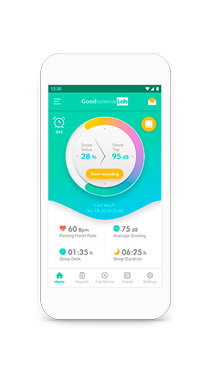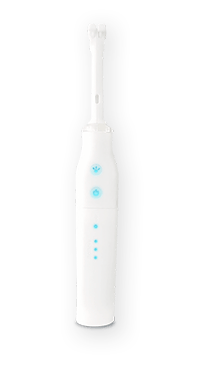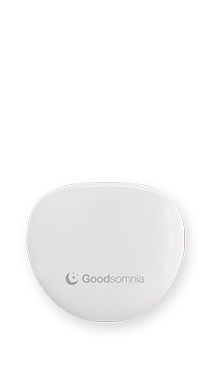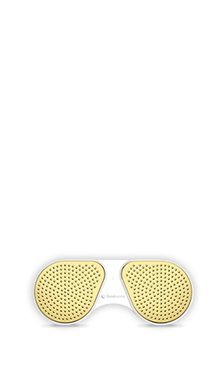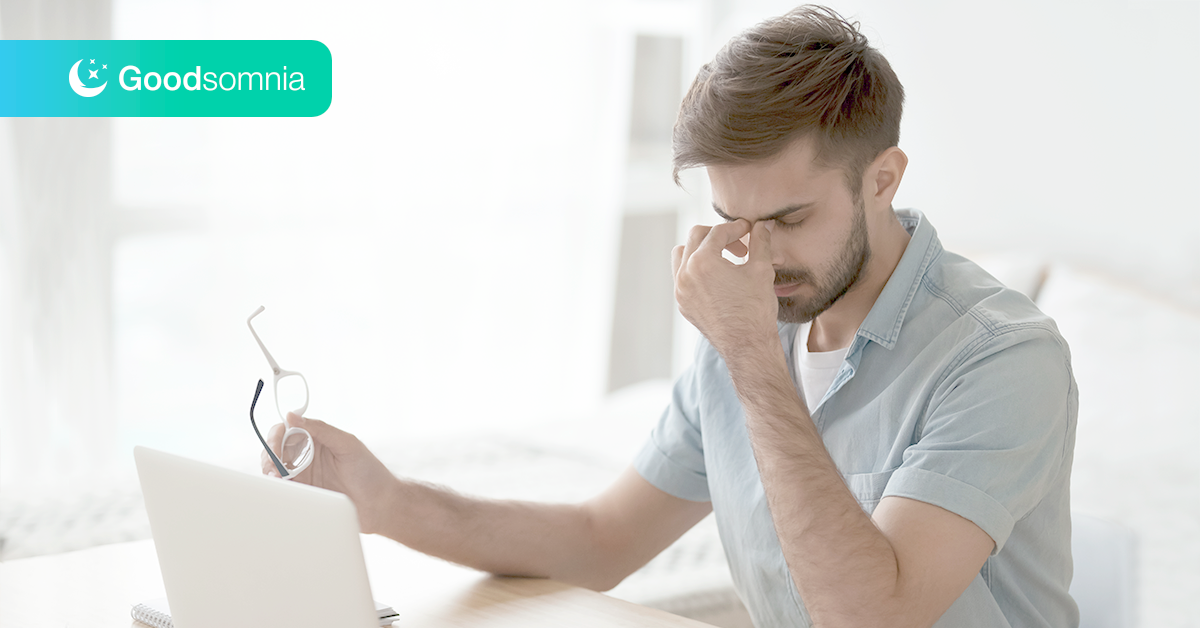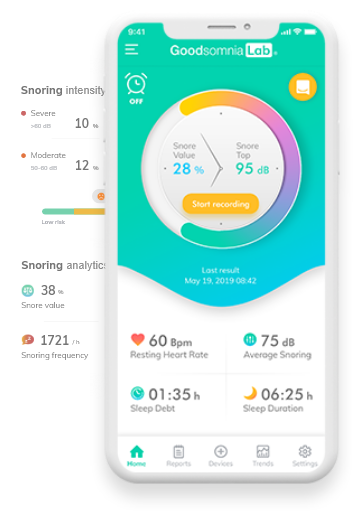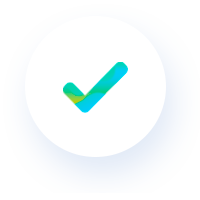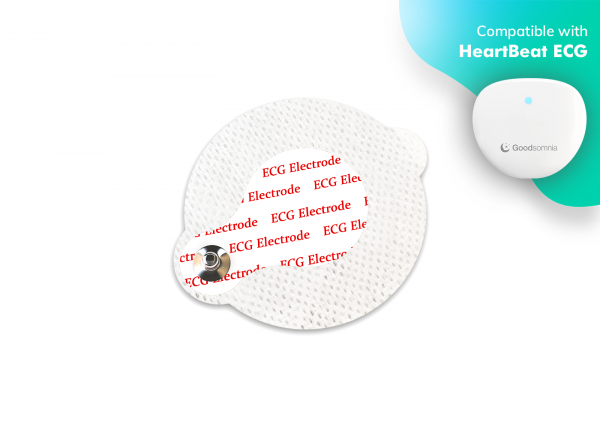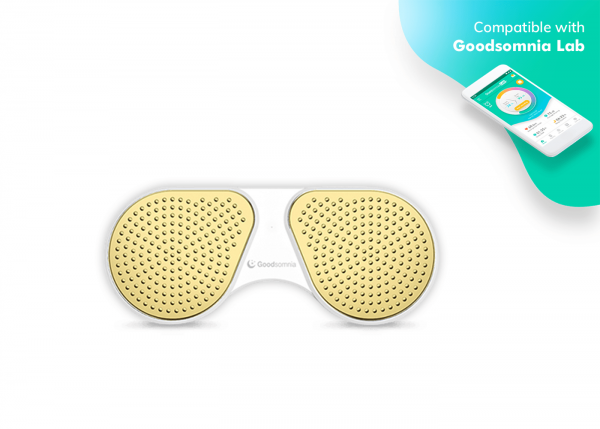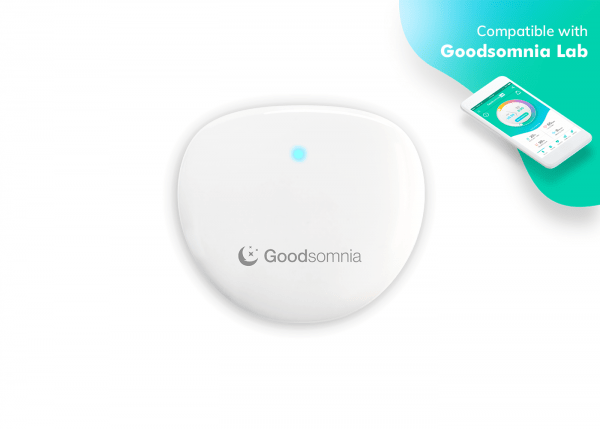Feeling tired even after sleeping? Then it could be sleep apnea, a condition caused by airflows being disrupted, causing stress on the body.
Snoring or fitful waking are the surface issues, but internally alarms will be stimulating the brain, heart and muscle groupings. All this requires energy, so it’s no wonder sleep apnea sufferers experience fatigue the next day, and impact on your productivity and wellbeing.
There are about 100 million sleep apnea sufferers, but many ignore the problem. However, sleep apnea, extreme fatigue and sleepiness during the day are dangerous company, whether separately or together. For example, daytime drowsiness can cause a loss of control when driving. Left untreated sleep apnea can flow into other issues, like heart disease, hypertension, and diabetes.
How can sleep apnea cause extreme fatigue? Firstly, your body wastes energy restarting regular breathing. Oxygen is crucial for healthy brain and muscle function and all strive for it if airflows are impaired. That’s why sleep apnea causes fatigue, and you want more rest. But when you sleep, you feel overtired as the body strives to restore energy flows.
Occasional and chronic fatigue have joint issues – lack of energy, motivation, impaired concentration, forgetfulness, a constant need for sleep. The danger of the latter is in its repetition and habituation. Postponing treatment will only see chronic fatigue worsen.
A combination of the two is dangerous for your mental and social wellbeing. Tackle the problem, or chronic fatigue can result in depression or other health impairments.
If you’ve snored and felt tired lately, try Goodsomnia Lab, an app that records your snoring. You can fix all episodes of a snore, its severity, and get useful tips about lifestyle corrections. Monitoring your snore will also help your doctor target the best treatment.

